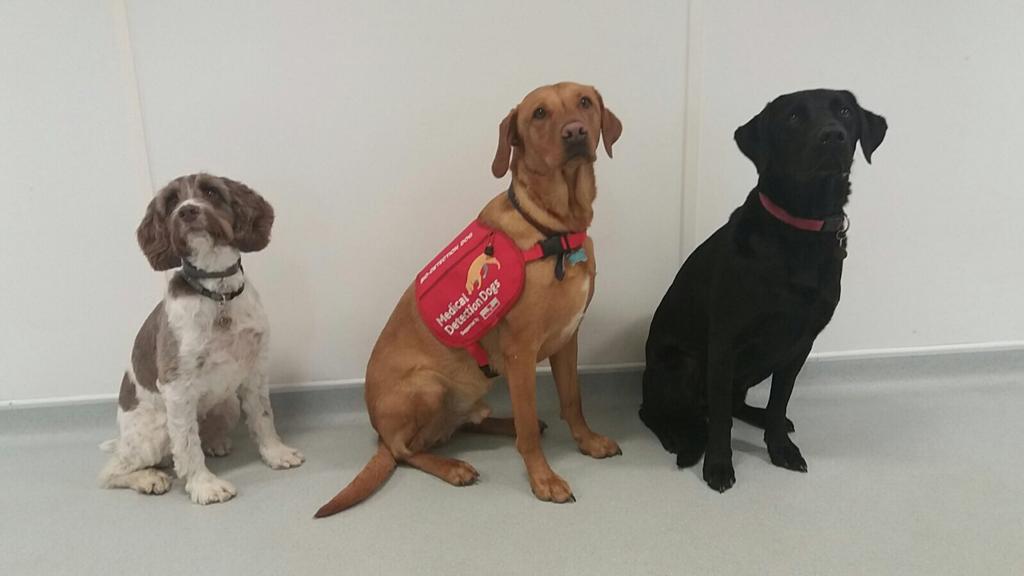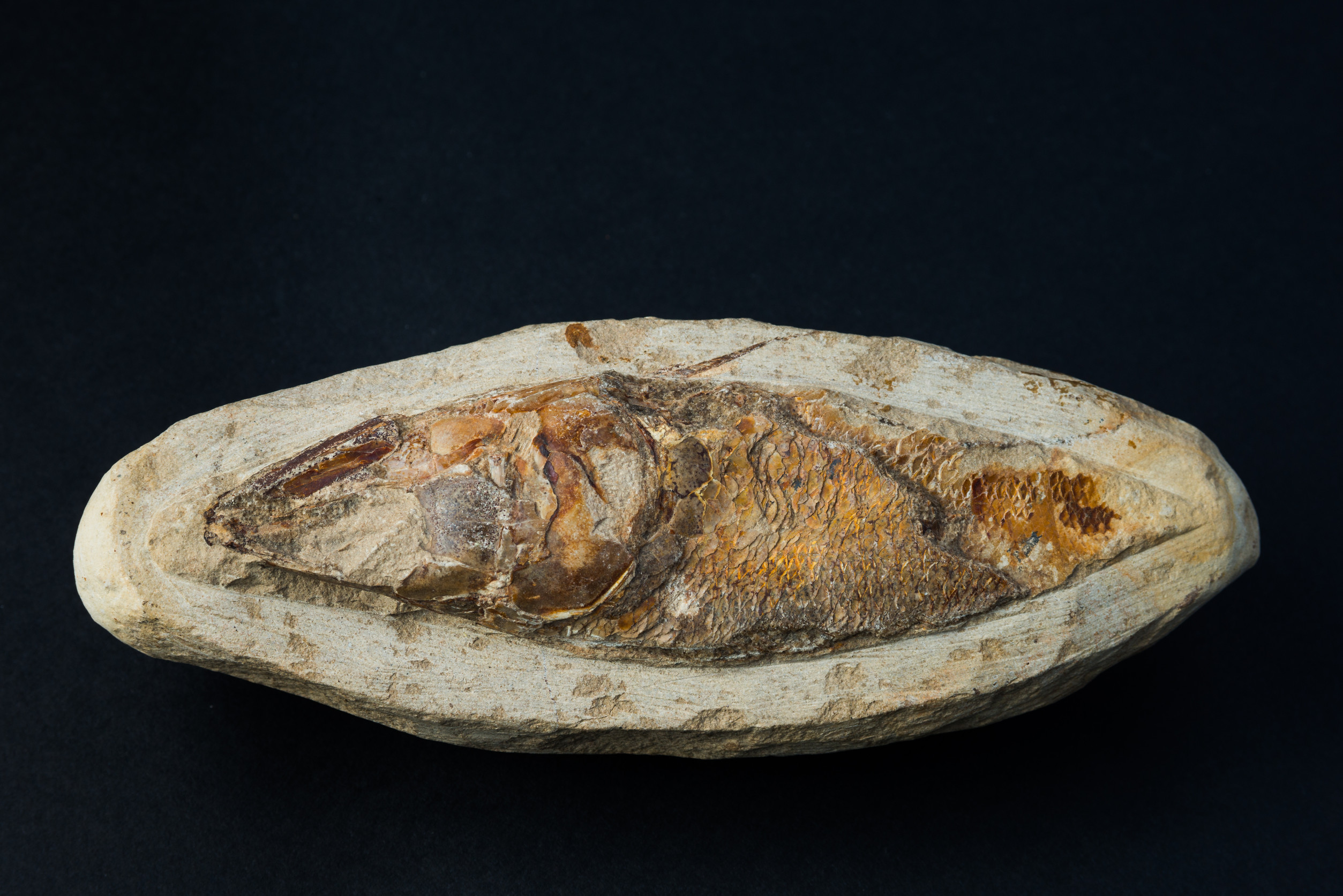Around 1.5 billion people worldwide live with impaired hearing, this can create significant problems for these individuals and often reduce the perceived quality of life. The most common cause of these impairments is damage to non-regenerative receptors called hair cells. Many innovations are being created to combat hearing loss like this simple speech diagnosis test or regenerative stem cell therapy.
Researchers from Uppsala University, Sweden, are looking to solve this problem at a new interesting angle: looking to crocodiles for answers. Crocodiles live almost as long as humans, sometimes surpassing 70 years of age, though they live with good hearing until the end of their lives. Unlike humans, crocodiles can quickly regenerate their hair cells when damaged, however, it’s relatively unknown how they precisely do this.
“We can see that new hair cells seem to be formed from the activation of so-called support cells, which are connected to crocodiles having certain cell structures that humans appear to lack. Our hypothesis is that nerves that carry impulses from the brain, so-called efferent nerves, trigger that regrowth,” says Helge Rask-Andersen, lead author of the study.
To find out more, the group examined numerous inner crocodile ears to try and understand their secret of eternal hearing. They found that small particles are secreted in the crocodile’s ear, which is believed to play a key role in the process. “One hypothesis is that this increases sensitivity to sound and hearing improves. Our hope is to learn how crocodiles regenerate their hair cells and to eventually be able to use that on people in the future,” says Helge Rask-Andersen, lead author of the study.
This hypothesis is still in its early stages of research but if their hunch is correct, this inspiration could spur a whole new generation of hearing restoration. As we regularly write about at the Optimist Daily, nature is full of inspiration, clues, and answers for many of the issues humans are up against, we just need to open our eyes!
Source study: Frontiers in Cell and Developmental Biology – Regeneration in the Auditory Organ in Cuban and African Dwarf Crocodiles (Crocodylus rhombifer and Osteolaemus tetraspis) Can We Learn From the Crocodile How to Restore Our Hearing?











